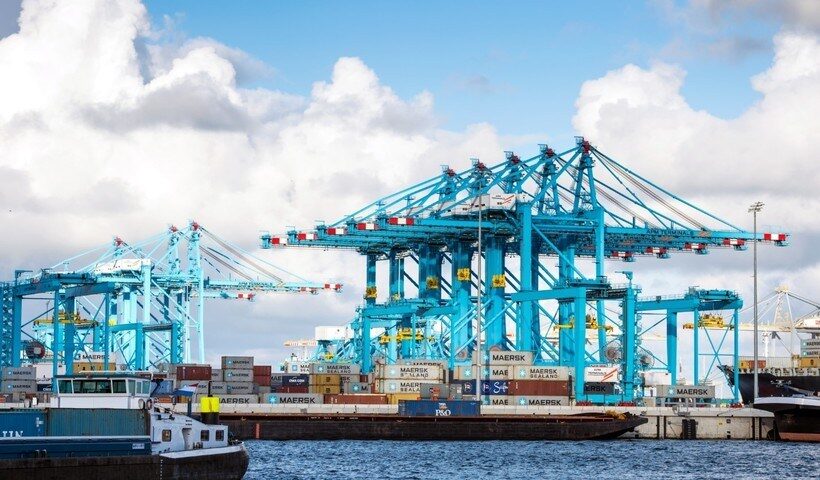Ports are an important economic actor—at local, national, and international scales- that have been identified as being vulnerable to future changes to the climate. The latest port study of PortEconomics co-authored by Adolf K.Y. Ng along with Austin Becker (University of Rhode Island and University of Manitoba), Darryn McEvoy (RMIT University) and Jane Mullett (RMIT University) details the findings from an international review of state‐of‐the‐art knowledge concerning climate risks, and adaptation responses, for ports and their supply chains. Evidence from both academic and gray literature indicates that there has already been major damage and disruption to ports across the world from climate‐related hazards and that such impacts are projected to increase in the years and decades to come.
Findings indicate that while a substantial—and growing—body of scientific evidence on coastal risks and potential adaptation options is acting as a stimulus for port authorities to explicitly consider the risks for their assets and operations, only a notable few have actually made the next step toward implementing adaptation strategies. This study concludes by putting forward constructive recommendations for the sector and suggestions for research to address remaining knowledge gaps. It emphasizes a call for collaboration between the research and practice communities, as well as the need to engage a broad range of stakeholders in the adaptation planning process.
This study published in the Volume 9, Issue 2 (March/April 2018) of the Wires Climate Change journal and can be accessed on line here.












